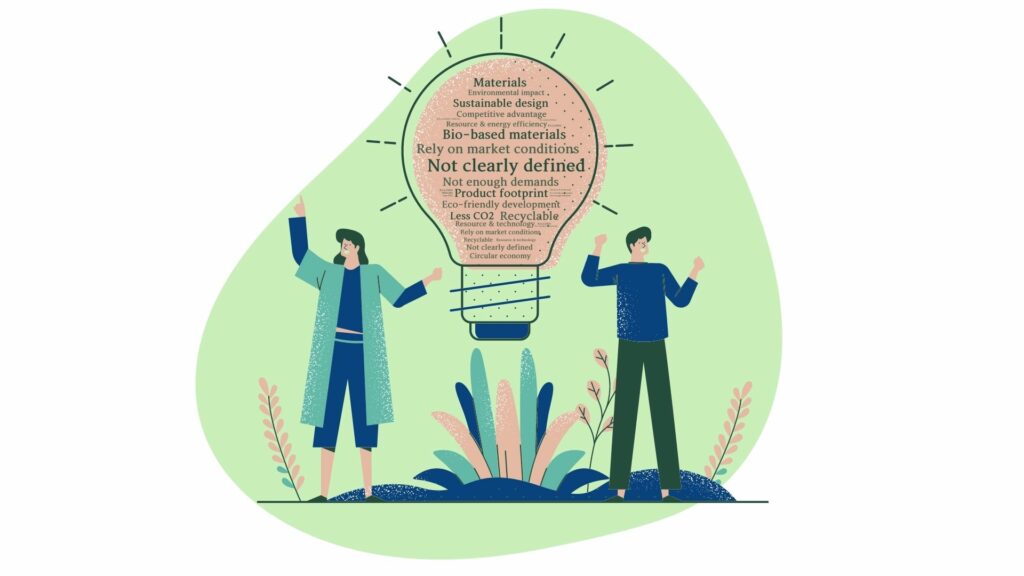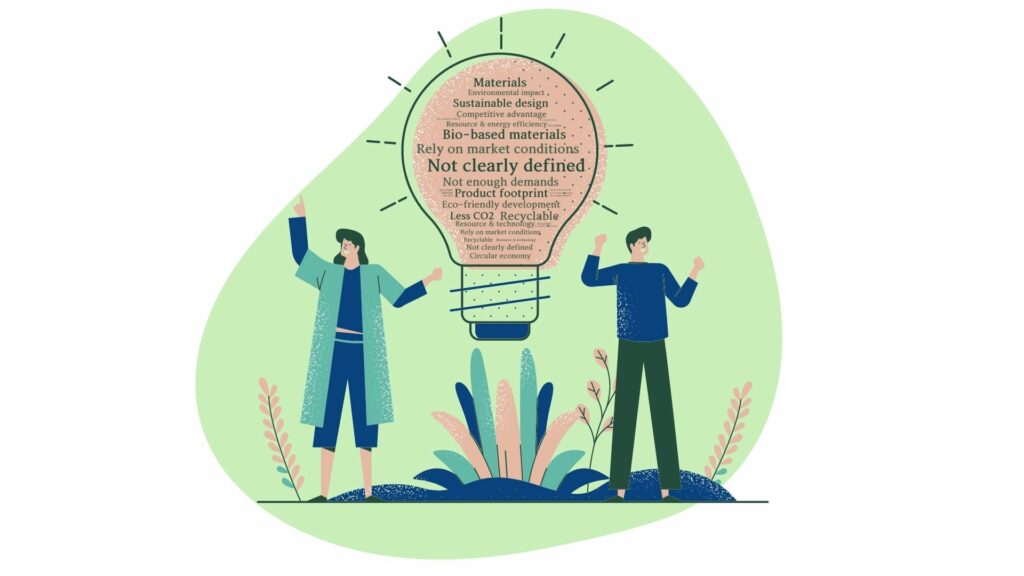
Writer: Deivydas Čepas | Lithuanian Business Confederation
Eco-innovation is gaining considerable support across the EU, and its underlying principles of increased efficiency, eco-friendliness, and technology development are steadily being applied to manufacturing businesses.
However, many of small and medium sized enterprises (SMEs) are lacking essential competencies and infrastructures. Consequently, SMEs require external support in the pursuit of eco-innovation. This is where ECOLABNET network organizations come into the picture.

A survey conducted within the ECOLABNET project in the 6 partner countries – Poland, Lithuania, Estonia, Finland, Sweden and Denmark – shows that the main service providers aiming to support manufacturing SMEs in sustainable eco-innovation development are:
- Regional business development organizations.
- Universities & RDIs.
- Industry associations.
- International business development organizations.
- Commercial consultants.

This study also shows that External Service Providers has an important role to support SMEs in eco-innovation. Even though companies are aware that eco-innovation should reduce the negative environmental impact, their understanding varies based on their specific needs and remains rather narrow. Therefore, it is important to create concrete definitions and recommendations for the manufacturing and service development process.

In addition, external service providers or intermediary organizations support SMEs by providing them an access to services and expertise. Therefore, we have identified the most crucial services offered by external actors to SMEs. The most widely-used and highest-rated services were:
- Fostering networking and partnerships.
- Information gathering and dissemination.
- Providing access to financial, human, and knowledge resources.
- Commercialization.
- Forecasting and road mapping.
- Process support.

Gaps and Barriers to support eco-innovation development….
Respondent (external service providers and intermediary organizations) claim that the biggest challenges preventing SMEs from eco-innovation development were:
- Uncertain return on eco-innovation investment.
- Lack of capital.
- Uncertain demand in the domestic market.
- Lack of in-house expertise.
- Uncertainty about market reactions.
Collected data also claims that Intermediary organizations themselves face certain barriers that may prevent them from providing full support to SMEs. Most of the intermediaries claim that the biggest issue they face is promoting their SMEs to new and/or international markets, meaning that new reliable networks can come in handy. Additionally, intermediaries are not always able to provide their SMEs with all of the information necessary for eco-innovation.
Nevertheless, data provided by intermediary organizations shows that many manufacturing SMEs seek to include eco-innovations in their manufacturing processes and/or products. Therefore, it is important to provide intermediary organizations with access to relevant tools, knowledge, and expertise that will promote eco-friendly manufacturing processes Among SMEs.

- by Deivydas Čepas on 2020-11-27

